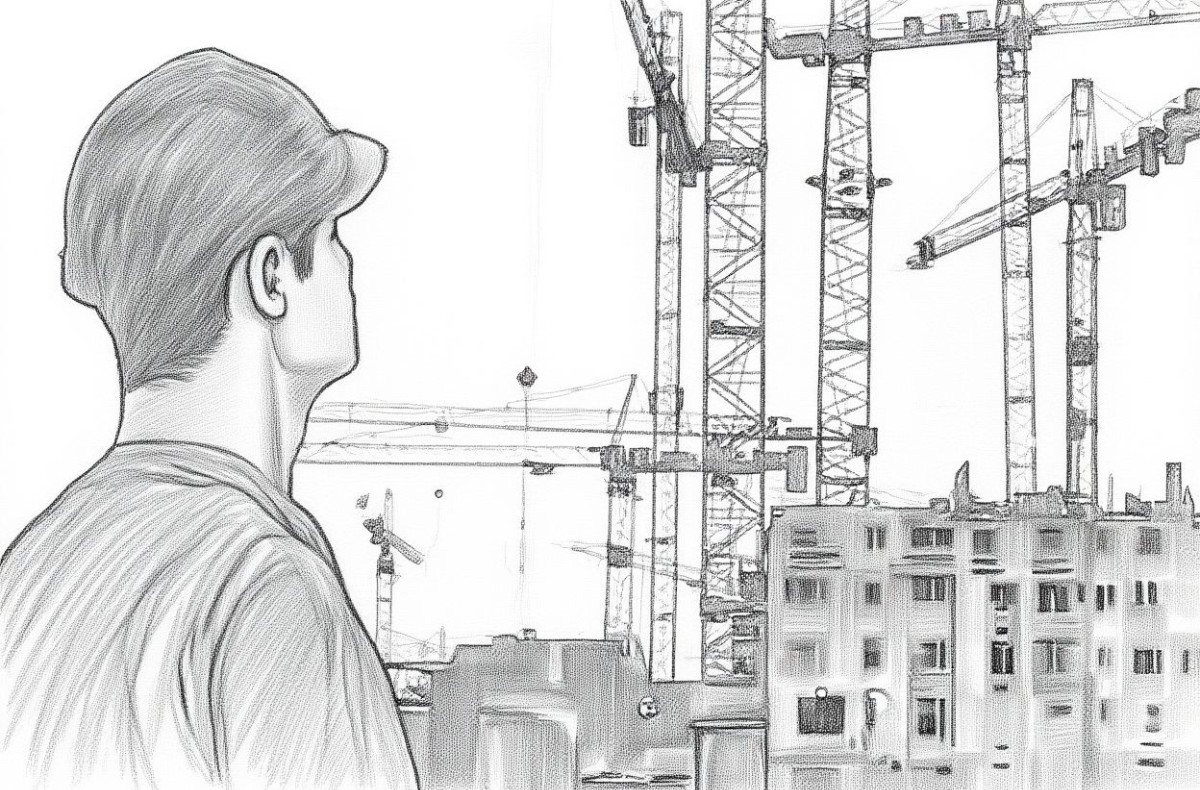In the past week (mid–August 2025), once again news of workers’ deaths and injuries from across Iran laid bare a familiar reality: in this political and economic order, a worker’s life is the cheapest element of production and services.
From construction workers falling into elevator shafts or off scaffolding, to fires in carpentry and furniture workshops; from deaths in mines and factories to the overturning of fuel carriers’ vehicles and workers’ buses—these are labeled as “workplace accidents,” yet in truth they reflect a structural crisis. A crisis not born of technical ignorance, but of the fusion of capitalist relations with a brutal, predatory form of governance.
Every year, hundreds of workers in Iran lose their lives due to the absence of safety equipment, outdated machinery, overwork, lack of training, and the absence of real oversight. This cycle of death is especially visible in coal mines, heavy industries, construction projects, and small workshops. In deprived regions, widespread poverty and unemployment push thousands into deadly jobs such as fuel carrying or kolbari—work that often ends either in the bullets of armed forces or in fatal road accidents.
The lack of independent labor unions is a key link in this chain of disaster. Without grassroots organization and workers’ ability to monitor their workplaces, employers and contractors face no real obligation to ensure safety or take responsibility for accidents. State institutions, themselves embedded in these power relations, play the role of covering up and normalizing such tragedies.
This situation cannot be reduced simply to “weakness” or “inefficiency.” The problem is deeper: the logic of capital—where profit outweighs human life—has in the Islamic Republic fused with a repressive, ruthless political structure. This structure not only blocks independent workers’ organizations and oversight but, through its security and economic policies, turns workers’ deaths and injuries into a routine part of the labor process.
Experience shows that as long as this political and economic structure remains in place, even the most minimal reforms in safety or rights will not last. Promises may be made or regulations issued, but without workers’ direct power to enforce them, they quickly fade. The deadlock is not technical or managerial—it is political. The Islamic Republic, through its security and economic apparatus, suppresses all forms of grassroots monitoring, independent organization, and genuine demands. In such conditions, the repetition of workers’ deaths is not an accident—it is the inevitable byproduct of this order.
Editorial Board of Pezhvak-e Kar Iran (Echo of Iran’s Labor)

